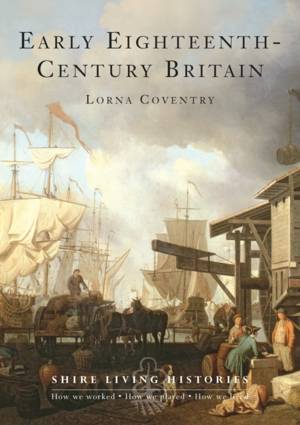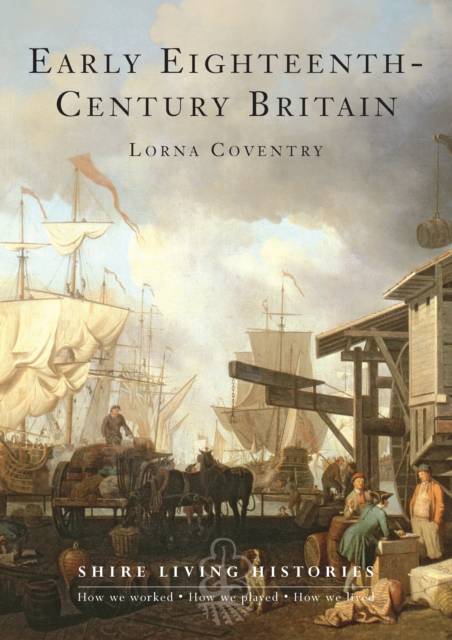
- Retrait gratuit dans votre magasin Club
- 7.000.000 titres dans notre catalogue
- Payer en toute sécurité
- Toujours un magasin près de chez vous
- Retrait gratuit dans votre magasin Club
- 7.000.000 titres dans notre catalogue
- Payer en toute sécurité
- Toujours un magasin près de chez vous
Description
The early 18th century in Britain saw a move towards a more stable and sustainable society after the decadence and drama of the Restoration period. Against a turbulent backdrop of party politics, there were significant developments in how people lived, particularly in the areas around London which developed after the Great Fire. These innovations included planned streets, green spaces and distinct neighborhoods, paving and street lighting.
This period also saw the development of professions such as medicine and law, which led to women moving out of these industries, coinciding with the time of the 'Reformation of Manners', a movement led by the middle classes which ushered in new respectable and serious social attitudes. Many felt the benefits of these changes, but the tolerant multi-culturalism introduced did not extend to Catholics, who were restricted in their activities. The Church of England involved itself in people's lives, trying to stop arranged marriages. Culture and entertainment also underwent a sea-change with the first novels appearing, and reading becoming, for the first time, a private activity. Lorna Coventry examines how people lived during these three significant decades of the early Georgian era.Spécifications
Parties prenantes
- Auteur(s) :
- Editeur:
Contenu
- Nombre de pages :
- 80
- Langue:
- Anglais
- Collection :
Caractéristiques
- EAN:
- 9780747808374
- Date de parution :
- 21-06-11
- Format:
- Livre broché
- Format numérique:
- Trade paperback (VS)
- Dimensions :
- 145 mm x 210 mm
- Poids :
- 181 g







